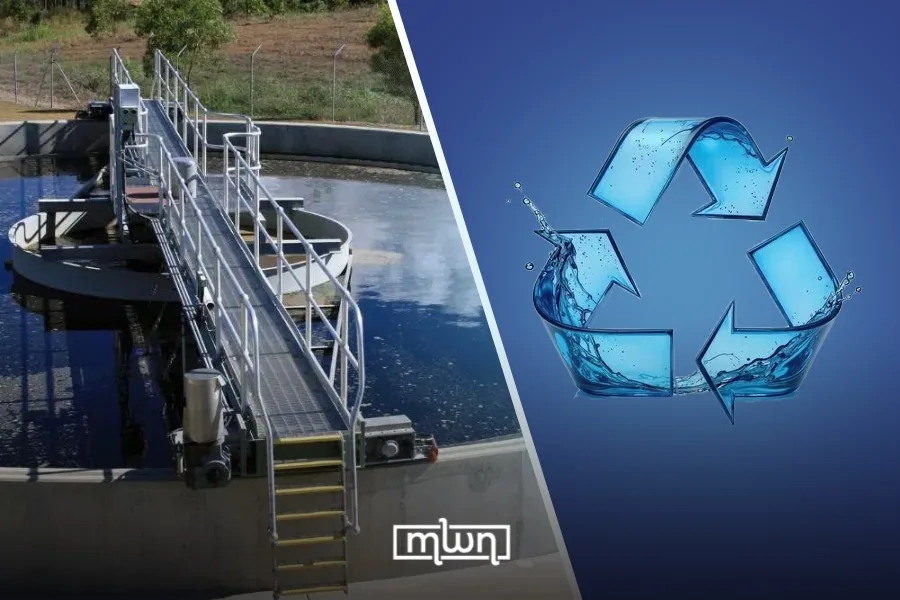Rabat-Das Ministry of Equipment and Water has announced that Morocco is implementing an ambitious guideline to diversify its water sources, the focus of increasing the use of non-traditional resources, in particular the reuse of treated waste water.
The goal is too to use Wastewater treated 100 million cubic meters by 2027 as part of the national program for drinking water and irrigation water supply 2020-2027.
The Moroccan Minister for Equipment and Water Nizar Baraka made the announcement to a written question that a member of the movement group in relation to “areas benefits from the reuse of waste water”.
The minister found that this guideline is based on dam construction, connecting the water basin and the exploitation of the groundwater in addition to non -conventional sources such as sea water salt and treated wastewater use on conventional water sources.
With regard to the importance of this strategy, Barak explained how important the Ministry places for the reuse of treated wastewater as a significant non -conventional water source.
This approach aims at this reduce Continuous pressure on conventional water resources by fulfilling the growing water requirements in various sectors, especially in agriculture.
Ambitious goal for 2027
Baraka explained that the goal of his ministry would include the irrigation of green spaces, golf courses, industrial use, groundwater loading and agricultural irrigation. The volume of the treated wastewater in 2023 reached 37 million cubic meters.
The ministry confirmed that it deals with projects for reuse of treated water in all areas mentioned above, whereby the focus is on the agricultural sector, in the coordination and partnership with everyone involved in the area of the treated wastewater use.
This is expected to be achieved by preparing and implementing strategic and field studies on the treated wastewater decrease. The ministry develops and signs partnership agreements for reuse of water water, including agreements on agricultural irrigation in the cities of Tiznit and Settage.
Read too: Assigned via MAD 600 million to combat water pollution in the Sebou basin
The ministry offers annual financial contributions to funds treated with wastewater recovery projects that are currently exceeding MAD 500 million ($ 50 million), including financing for treated wastewater reusing projects and liquid sanitary facilities in rural areas. In addition, you are working on reducing social, health, technical, financial, legal and regulatory restrictions with which these projects are faced or continued to implement reuse for the irrigation of plants treated in practice.
Challenges and solutions
With regard to the challenges that this approach faces, the Ministry mentioned one of the best-known questions that current standards in accordance with DEKET No. 2.97.875 in terms of water quality standards and water pollution inventory from the water law 95-10 vary depending on the category of harvesting.
This creates obstacles when using the same treated Water production point with specific quality standards in small and medium -sized farms that practice several plants. In addition, there is difficulties to contribute treated wastewater consumers to the operating costs of the systems that produce this water.
In order to overcome these problems, the Ministry in partnership and coordination with all affected stakeholders has checked and completed the draft of the decree No. 2.97.787 in accordance with the current law 15-36 in connection with water.
The work in the official gazette will currently be published. The ministry confirmed that this decree, in contrast to its first version, defines uniform standards for agricultural irrigation for all plants and meets all the necessary theoretical, technical and health conditions.





